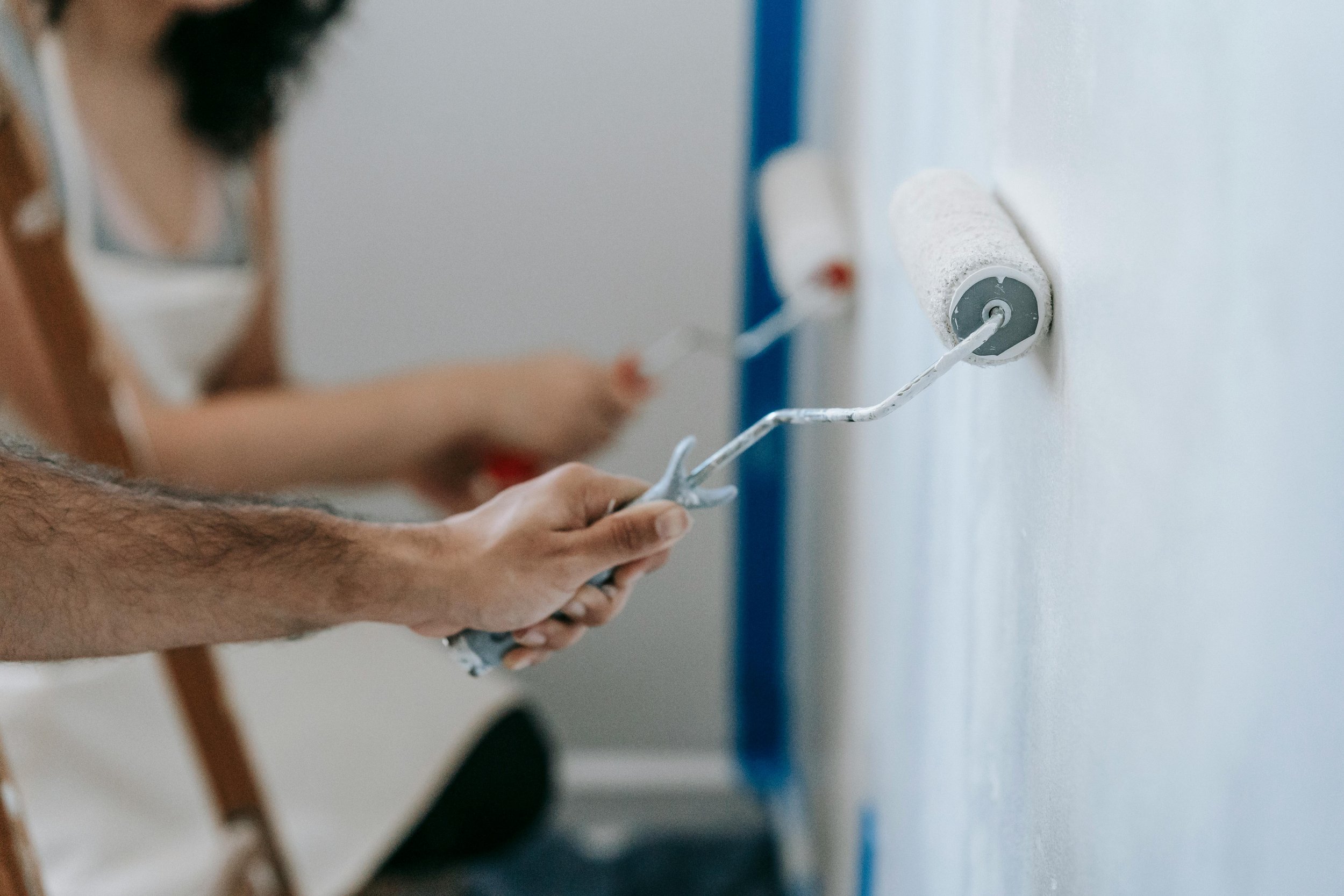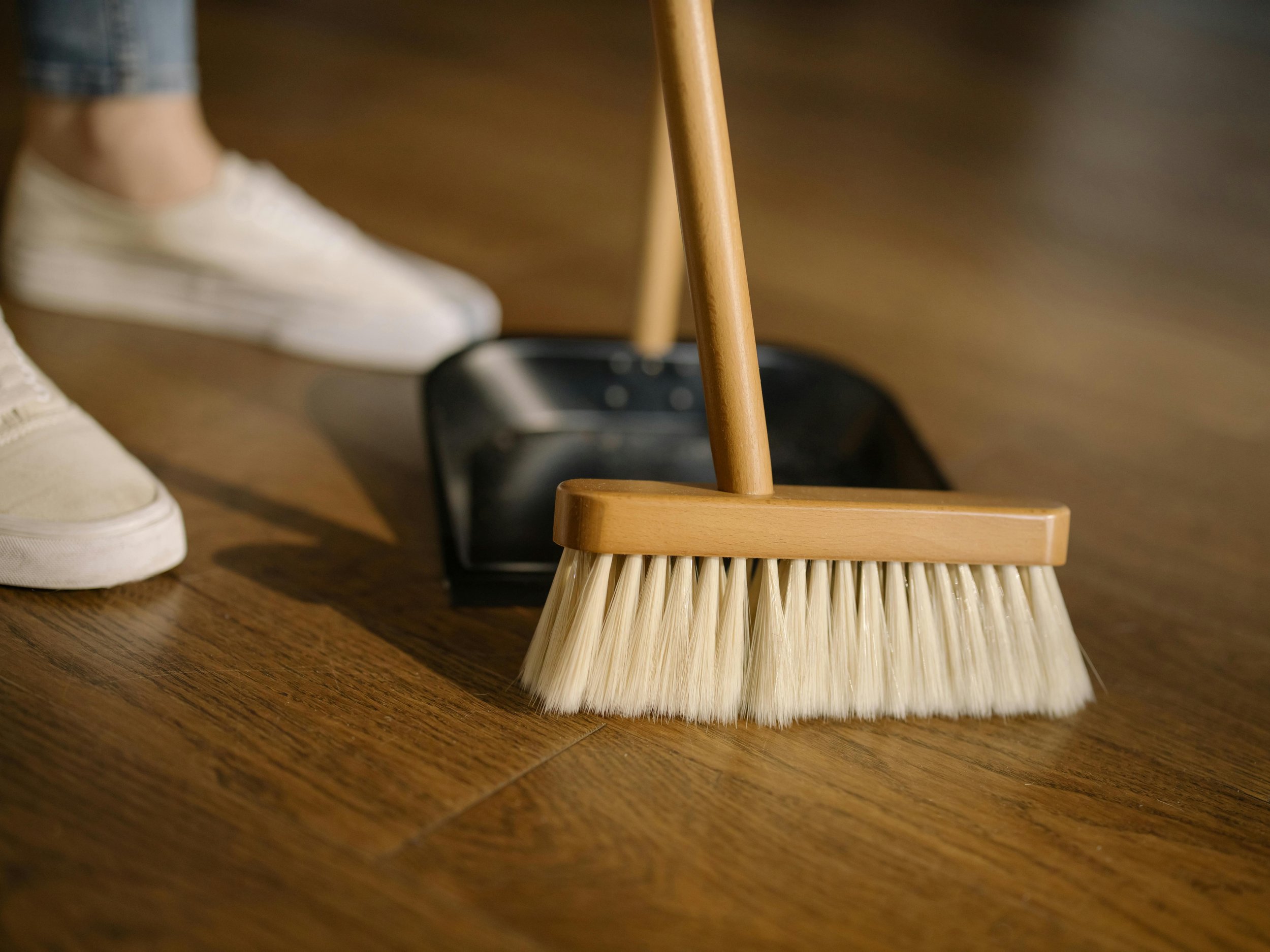
Asking Price
Understand the key factors to consider when setting the asking price for your property.
Setting the right asking price for your property is one of the most critical steps in the selling process. Price it too high, and you risk deterring potential buyers; price it too low, and you may miss out on what your home is truly worth. This guide will help you navigate the key considerations and strategies for determining the best asking price for your home.
Why is the Asking Price Important?
The asking price serves as a powerful marketing tool. It not only attracts potential buyers but also sets the tone for negotiations. A well-researched price can create interest, lead to competitive offers, and facilitate a quicker sale. Conversely, an unrealistic price can result in your property languishing on the market, leading to price reductions and a loss of buyer confidence.
Key Factors to Consider
Market Conditions:
Buyer's Market vs. Seller's Market: Understand the current property market conditions. In a buyer's market, where demand is low, you may need to set a more competitive price. In a seller's market, where demand exceeds supply, you may have more flexibility to price higher.
Comparative Market Analysis (CMA):
Research similar properties in your area that have recently sold, are currently for sale, or were taken off the market. Look at their sale prices, features, and how long they were on the market. This information will provide valuable insights into what buyers are willing to pay.
Property Features:
Consider the unique features of your home that may add value, such as renovations, location, garden size, and energy efficiency. Highlighting these attributes can justify a higher asking price.
Condition of the Property:
Evaluate the overall condition of your home. If it's well-maintained and move-in ready, you may command a higher price. If repairs are needed, factor these costs into your pricing strategy.
Professional Valuation:
Consider hiring an estate agent or professional valuer to assess your property. They can provide an expert opinion based on their knowledge of the market and experience with similar properties.
The Role of Estate Agents
Estate agents can be invaluable in setting an appropriate asking price:
Local Market Expertise: They have in-depth knowledge of the local property market, including recent sales and current listings.
Objective Valuation: They offer an impartial assessment, balancing your expectations with market realities.
Marketing Strategy: Agents can advise on pricing strategies that align with your selling goals and market conditions.
Negotiation Experience: Their expertise in handling offers and negotiations can help maximise your final sale price.
Strategies for Setting Your Price
Psychological Pricing:
Consider setting your asking price just below a round number (e.g., £299,995 instead of £300,000). This can make your property appear more attractive to potential buyers.
Flexible Pricing Strategy:
Decide if you want to set a fixed price or an asking price with the expectation of negotiation. In a competitive market, a slightly lower asking price can generate multiple offers, potentially driving the final sale price up.
Monitor Feedback:
Once your property is on the market, gather feedback from viewings and open houses. If potential buyers consistently mention the price as a concern, be prepared to reassess your asking price.
Common Mistakes to Avoid
Overpricing: This can lead to your property sitting on the market for too long, ultimately resulting in price reductions and buyer hesitation.
Underpricing: While you may want a quick sale, underpricing can lead to significant financial loss. Ensure you're aware of your home's true market value.
Ignoring Market Trends: Stay informed about shifts in the market, such as changes in interest rates or local developments, which can impact property values.
Setting the right asking price is crucial for a successful property sale. By considering market conditions, conducting thorough research, and seeking professional advice from estate agents, you can determine a price that attracts buyers while maximising your return.
Remember, the asking price is not set in stone; it can be adjusted based on buyer feedback and market dynamics. With careful planning and strategy, you'll be well on your way to achieving a successful sale.
Plan
Useful tools for home sellers
Estate Agents
Find an Estate Agent
Find a trustworthy and reliable property agent to value your home.
Conveyancing
Find a Conveyancer
Get a competitive quote from a trusted property conveyancer.
Removals
Get a Removal Quote
Get a competitive removal or storage quote. Large and small moves.
Decorating
Get a Decorating Quote
Get a competitive decorating quote for touch-ups before listing.
Handyman
Get a Handyman Quote
Arrange minor repairs before putting your property on the market.
Cleaning
Get a Cleaning Quote
Ensure your property is spotless before any viewings take place.
Gardening
Get a Gardening Quote
Get a quote from a gardener to ensure your garden is looking its best.
Energy Suppliers
Best Energy Rates
Find the right energy tariff that matches your lifestyle needs and keeps your budget in check.









